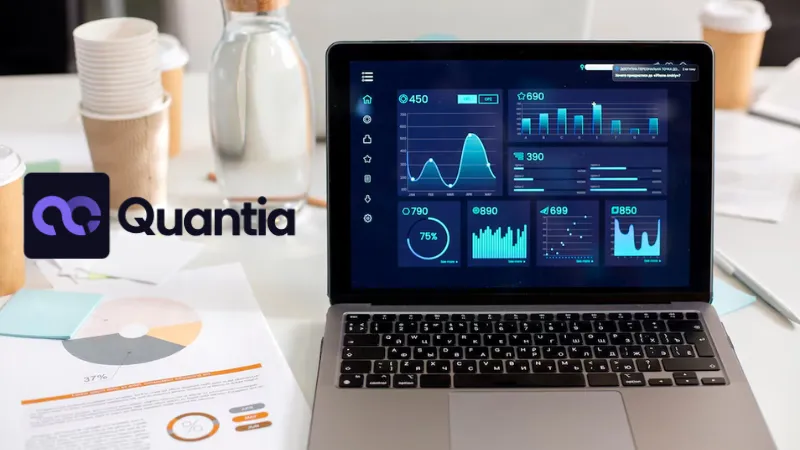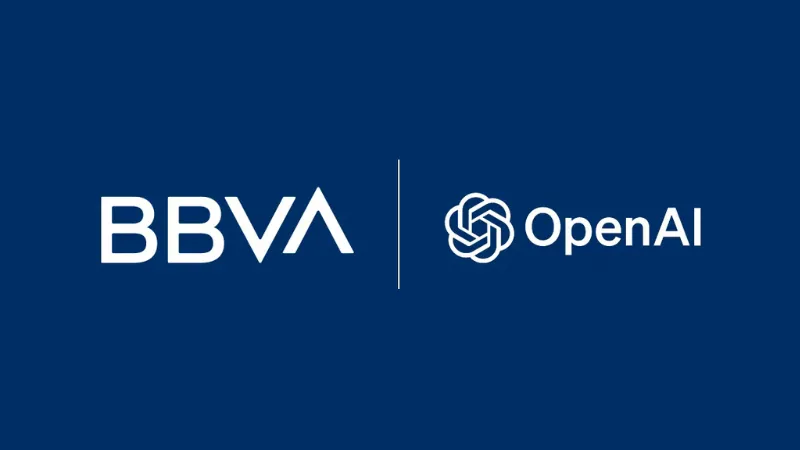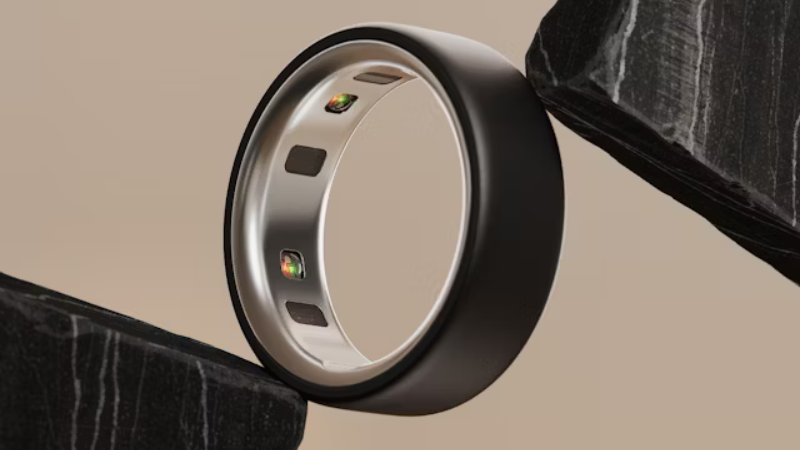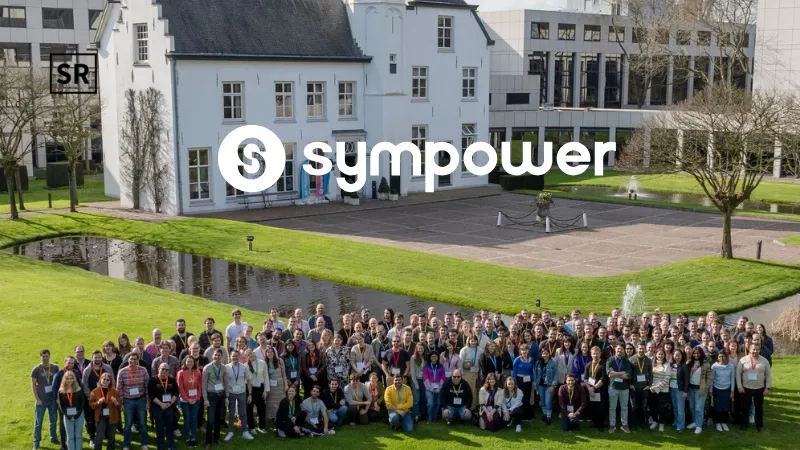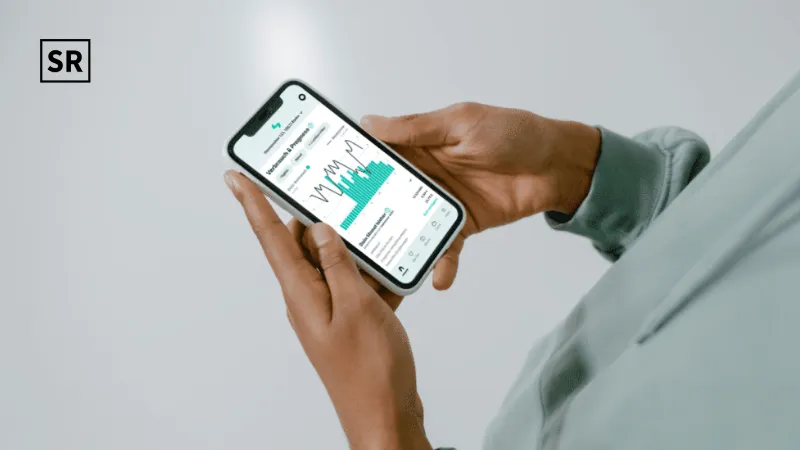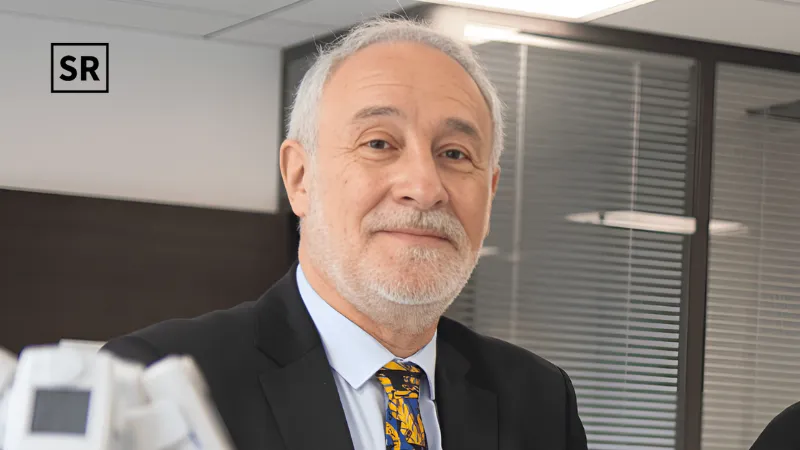
Montpellier-based biotech startup Ciloa has raised €6.5 million to advance its work in engineering extracellular vesicles for next-gen therapies and preventive solutions.
SUMMARY
- Montpellier-based biotech startup Ciloa has raised €6.5 million to advance its work in engineering extracellular vesicles for next-gen therapies and preventive solutions.
The funding comes through the France 2030 program under the ‘Biotherapies and Biomanufacturing of Innovative Therapies’ initiative, managed by Bpifrance on behalf of the French government.
“For over twenty years, people have tried and failed to produce a stable and functional form of adiponectin. We are the first to succeed, by combining adiponectin with small extracellular vesicles (sEV, or exosomes) to unlock its great therapeutic potential,” said Robert Z Mamoun, CEO of Ciloa.
Founded in 2011, Ciloa is a French biotech company spun out of the CNRS and the University of Montpellier. It specializes in the bioengineering of small extracellular vesicles (sEVs) for therapeutic and preventive applications. Its proprietary EVENGI platform has created over 130 protein-loaded sEVs targeting areas like metabolic diseases, oncology, and emerging viral threats.
RECOMMENDED FOR YOU
Read Also - Cumulus Secures £3.25M to Revolutionize Neuroscience Trials With EEG Technology
The company has secured funding to advance its lead candidate APN-sEV (Adiponectin-associated exosomes) to Phase IIa clinical trials for type 2 diabetes and obesity, and to establish GMP-grade large-scale manufacturing.
Adiponectin, a powerful metabolic hormone known for its anti-inflammatory and insulin-sensitizing properties, shows promise across a range of chronic diseases—including cardiovascular, retinal, skin, and hormonal cancers—and may even help slow aging.
Ciloa’s robust platform enables stable and scalable sEV production. Preclinical results for APN-sEV indicate significant weight loss, reduced fat accumulation, and improved insulin sensitivity, without compromising muscle mass, even when used alongside existing diabetes treatments.
“We have shown that the properties of APN-sEV stem from its action on specific metabolic pathways other than those targeted by current anti-diabetic products,” said Bernadette Trentin, CSO at Ciloa. “APN-sEV is therefore highly effective in complementing these medications, paving the way for a safer, more comprehensive and sustainable treatment of many metabolic diseases.”
Ciloa has received funding through the ‘DIADEME’ project to develop a new drug using small extracellular vesicles (sEVs) to deliver adiponectin. The drug, called APN-sEV, will be produced in-house, and Ciloa will carry out the necessary preclinical safety tests.
Phase I clinical trials are expected to begin in 2027, followed by Phase IIa in 2028. Ciloa will use its own advanced production line to make the drug. This includes creating stable cell lines, running upstream and downstream processing, and performing quality checks tailored to engineered sEVs and the proteins they carry.
About Ciloa
Ciloa is a leader in engineering small extracellular vesicles (sEVs) for therapeutic use. Its platform, EVENGI, creates stable, protein-loaded sEVs for diseases like cancer and diabetes. With 20+ years of expertise, Ciloa produces long-lasting, ready-to-use medicines that harness the natural healing potential of bioengineered vesicles.
Recommended Stories for You

Just Move In funding news – Bournemouth-based Just Move In Raises €7.6 Million in Series A Round Funding
Kailee Rainse Feb 28, 2025


 Follow us
Follow us Follow us
Follow us
